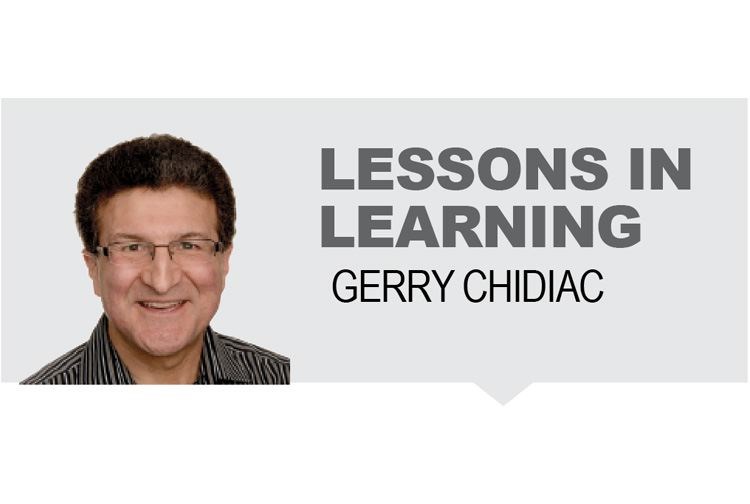The topic of censorship is a slippery slope, especially when there are no clear guidelines. The idea of “cancel culture,” where one is ostracised because of a stance on an issue determined as taboo by current cultural trends, is very dangerous. One is judged in the popular media and the conversation is over.
It is important to note that while people on the left are often accused of embracing cancel culture, it is an issue on all sides of the political spectrum. Colin Kaepernick, for example, saw his football career come to an end because of his stance on the need for police reform.
The danger of cancel culture is that it results in people not feeling free to express their opinions. This is not healthy for a democracy, which thrives when there is diversity, respectful debate and productive resolution of conflicts.
Ostracizing people is nothing new. When dominant views in a society are not balanced out by logic, reason, and a sense of fairness, we end up with the witch hunts of the seventeenth century and the Red Scare of the 1950s.
Cancel culture shuts people out. It doesn’t make their ideas go away, but it can make them fester in very unhealthy and destructive ways. Individuals will inevitably find others who share their views. In recent years, we have seen a rise in extremism as people have become more connected with others who share similar opinions on social media.
Perhaps the most insightful comment on this issue comes from Australian musician Nick Cave: “Cancel culture is mercy’s antithesis.”
Mercy allows us to see our neighbour with compassion.
To show mercy to our neighbour, we must first learn to show mercy toward ourselves. There is a reason behind the Dalai Lama’s belief that “If every eight-year-old in the world is taught meditation, we will eliminate violence from the world within one generation.”
Meditation is one way to feel centred and at peace with ourselves. When we are centred, we can observe what is happening around us and then respond in a mindful way that respects the dignity of others. A person who is centred finds it much easier to listen.
There are many different ways to listen effectively. The talking circle, for example, has been used for millennia. It works because everyone is on the same level, everyone sees everyone else, and only one person can speak at a time. Because we often do not know when our turn to speak will come, we are more prone to focus on what others are saying rather than how to “win” the argument.
Stephen Covey, author of The 7 Habits of Highly Effective People, noticed that the strongest leaders are those who celebrate diversity and make everyone feel important. To achieve this, they listen without fear and then honestly share their own perspectives.
Those of us who work in public education, especially in the upper grades, are faced with students who have very diverse views. We are trained to minimize our personal biases as much as possible and create an atmosphere of informed and respectful dialogue. It seems that students are up for this challenge, but the groundwork is always laid by first communicating to them that they and their opinions are valued.
We do not benefit when a voice is cancelled. If a person has an opinion not based on truth, that will come clear as we allow them to speak. If they feel listened to, they are much more likely to hear what we have to say, and we will learn a few things from one another.
A small percentage of people cannot tolerate having their opinions challenged and will feel the need to ostracise others. The vast majority, however, simply appreciate being listened to and then come to recognize that our diversity, tempered by mutual respect, is indeed our greatest strength.



